
The Right Way to Say the Unsayable
How to speak truth without fear — but avoid alienating everyone you know
Recommendation
In Shakespeare’s Hamlet, Polonius counsels his son, Laertes: “This above all: to thine own self be true.” But if thine own self were to harbor any, say, contentious or taboo opinions, shouldst thou nevertheless be true? In the age of cancel culture, individuals fear that their authentic selves, unleashed, would become social pariahs. In truth, everyone holds secret beliefs that they hide from others. Social scientist and journalist Arthur C. Brooks explores the theme of ostracism and explains how to muster the “moral courage” to disclose your true beliefs — if you deem it a worthwhile endeavor.
Summary
About the Author
Social scientist Arthur C. Brooks is a contributing writer at The Atlantic and the host of the How to Build a Happy Life podcast.









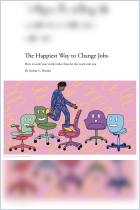



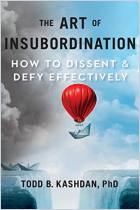
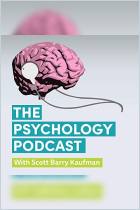
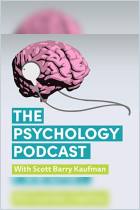
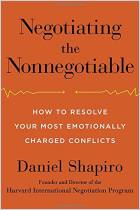
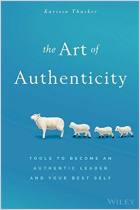







Comment on this summary or 开始讨论